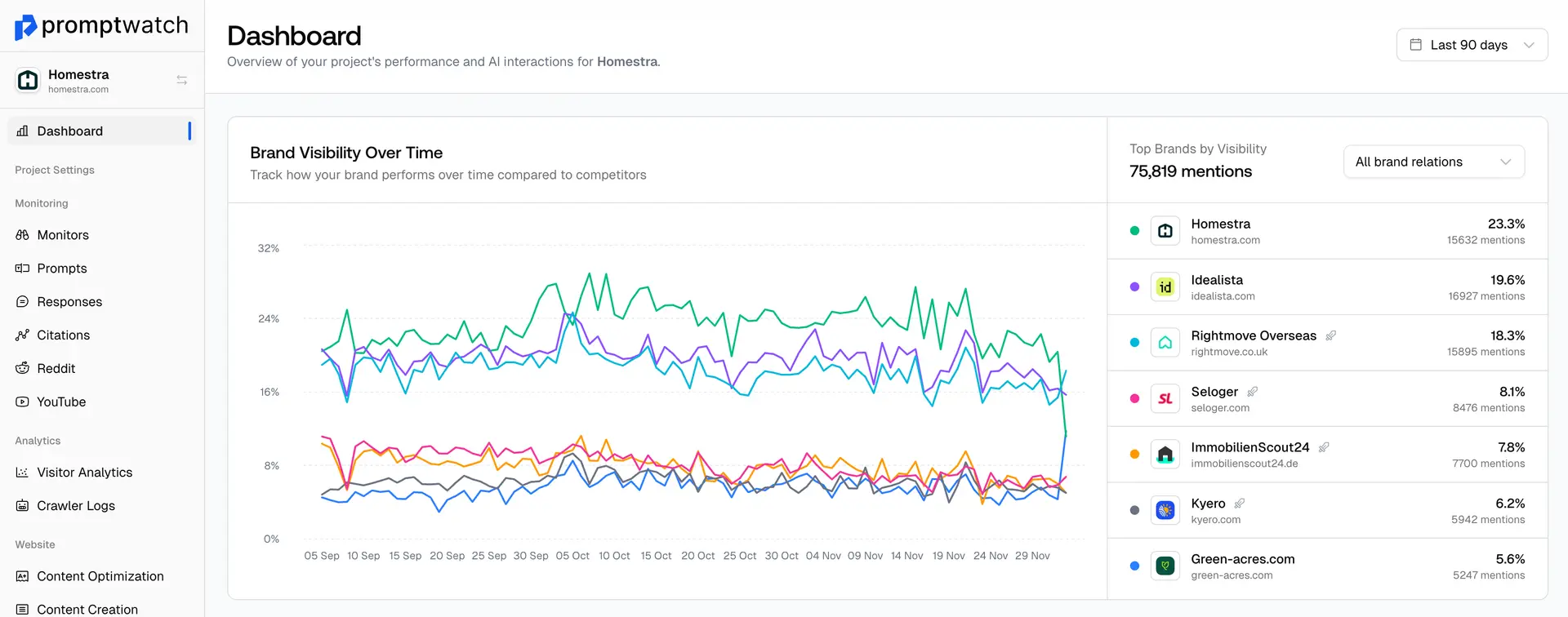Definition
YMYL (Your Money or Your Life) is a classification used by Google to identify web pages and content that could potentially impact a person's future happiness, health, financial stability, or safety.
YMYL content categories include: • Financial advice and information • Medical and health information • Legal advice and information • News and current events on important topics • Shopping and product reviews for major purchases • Safety information • Advice on major life decisions
Google applies stricter quality guidelines and higher E-A-T (Expertise, Authoritativeness, Trustworthiness) standards to YMYL content because inaccurate information in these areas could cause real harm to users.
For AI-powered search and GEO strategies, YMYL classification is critical because AI systems are particularly cautious about citing and referencing YMYL content, often requiring additional verification and authority signals. Content in YMYL categories must demonstrate exceptional expertise through author credentials, institutional backing, regular fact-checking, comprehensive source citations, and ongoing content updates.
AI models like ChatGPT, Claude, and Google's Gemini are specifically trained to be more conservative with YMYL topics, making it essential for businesses in these sectors to establish strong authority, credibility, and trust signals. This includes having licensed professionals author content, displaying clear credentials and certifications, implementing rigorous editorial processes, and maintaining transparent organizational information.
Examples of YMYL (Your Money or Your Life)
- A financial advisory website featuring articles authored by certified financial planners (CFP) with clear credentials and regulatory disclosures
- A medical website where all health content is written by licensed physicians and reviewed by medical boards before publication
- A legal advice platform clearly indicating which content is written by licensed attorneys and including proper legal disclaimers
- A cryptocurrency trading site providing detailed risk disclosures and having content reviewed by financial regulatory experts
